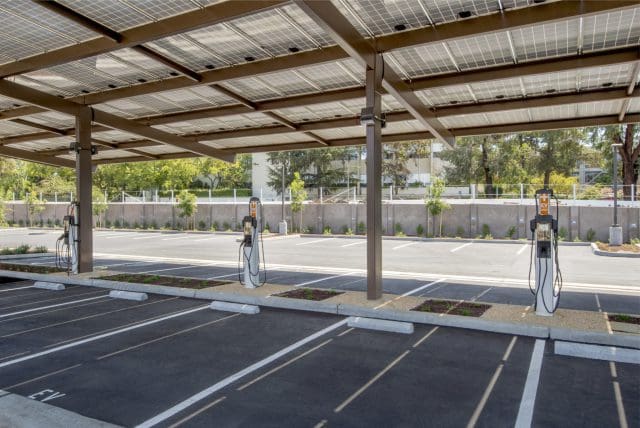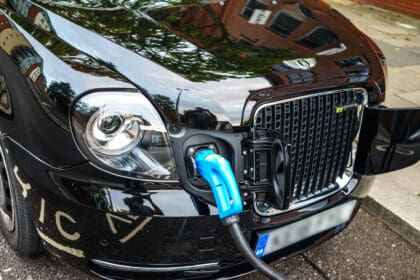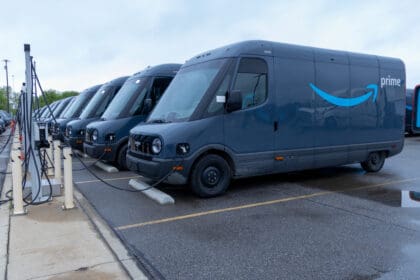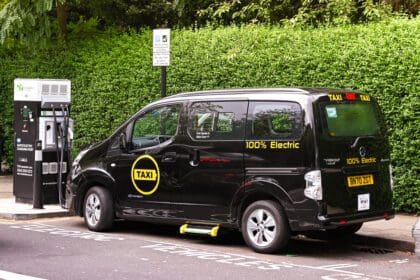Cutting pollution and making motoring cleaner are vital for the environment and people’s health, so it makes sense to encourage taxi drivers and other professional drivers who spend more time on the road, to make the switch.
But they will only move away from petrol and diesel vehicles if they can find a reliable and affordable electric alternative. For almost a year, taxi drivers have been hit in every direction by the ongoing energy, cost of living and fuel crisis, and the grass hasn’t seemed greener anywhere else.
Those who had made the switch from combustion-engine taxis to EVs were promised huge savings on charging and maintenance costs. But the ongoing conflict in Ukraine has pushed up the cost of petrol and diesel, as well as electricity and in some cases, with lower range limits of EVs, the price of filling up at the pumps is the same as recharging – in addition to the higher initial purchase cost and on top of their public hire insurance or private hire insurance.
Being able to produce more electricity locally and efficiently should help bring down the cost of charging EVs significantly, giving black cab and private hire taxi drivers the incentive to make the switch.
While power generation and supply are left to energy companies, the stuttering first steps into full-EV transition demonstrates that the UK’s infrastructure is nowhere near ready to cope with a mass move to electric vehicles.
The French have recently adopted a different approach to increase the span of the country’s solar power network. France has just passed laws that require car park owners install solar panels in a bid to produce more electricity to keep prices down.
It is an interesting idea that has the potential to make a difference to France – or any country’s – energy supply.
Under the legislation introduced last month under President Emmanuel Macron’s renewable energy drive, all car parks with space for at least 80 vehicles must be covered with solar panels. Owners of car parks with 80 to 400 spaces have five years to comply, while those with more than 400 spaces have three years to bring in solar panels.
The French government is also looking at plans to build large solar farms on empty land by motorways and railways as well as on farmland.
Projects of this scale require huge investment and infrastructure and it is interesting that the French have passed laws to introduce the scheme quickly, rather than letting market forces and commercial incentives dictate the timeline.
By producing more electricity domestically, a country can reduce the cost of energy it supplies, which would further encourage professionals such as taxi drivers to make the switch to EVs because running costs would be cheaper, as well as being able to significantly increase the number of charging points, especially in car parks.
Taxi drivers, and others who make their living on the roads, need to know their EVs are affordable to run and that there are plenty of options available so that recharging doesn’t negatively impact their business and disrupt passenger journeys.
For the length of time it takes to charge an EV at a fast-charging station, the UK needs to do more than just replace forecourt pumps with charging points. Petrol stations were designed around the model of taking a few minutes to fill up the tank, pay and drive off for the next driver to take their turn.
With EV drivers currently having to wait 45 minutes to an hour to recharge, many more charging stations are needed, with affordable prices for electricity.




